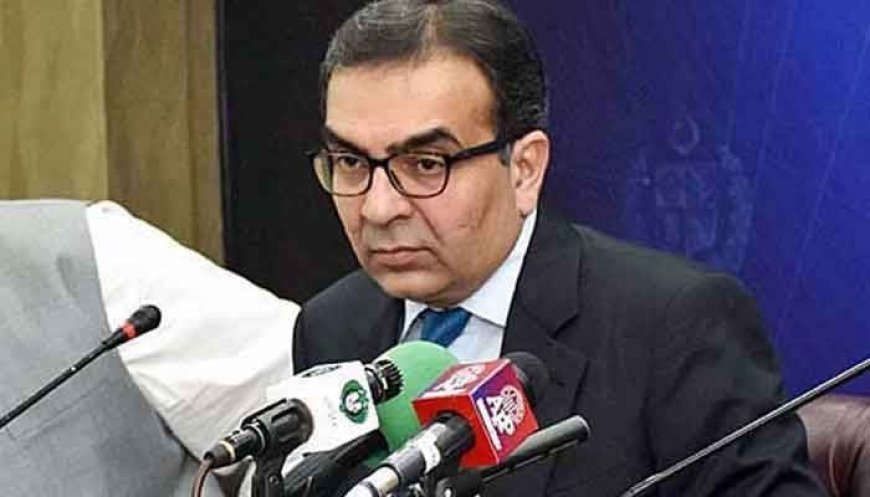IPPs will agree to forensic audit, hopes PM's aide

1. SAPM on Power Muhammad Ali reveals that 15 out of 18 IPPs have signed revised agreements on take and pay mode
Here's a concise and streamlined rewrite of the provided text:
ISLAMABAD: Special Assistant to the Prime Minister on Power, Muhammad Ali, revealed that 15 out of 18 Independent Power Producers (IPPs) established under the 2002 and 1994 power policies have agreed to revised take-and-pay agreements under a hybrid system. These changes are projected to save the government Rs800 billion over the remaining contract periods.
Under the new arrangement, IPPs will be paid only for actual electricity dispatched, eliminating capacity payments. However, they will receive reasonable annual payments to cover operational and maintenance costs, ensuring the plants remain functional.
Speaking on Geo News’s talk show “Aakhri Mauqa: Pakistan Kay Liye Kar Dalo,” hosted by Shahzeb Khanzada, Muhammad Ali highlighted that consumers currently pay an average of Rs29.70 per unit in capacity charges to private IPPs. A reduction of just 50 paisa per unit could save Rs50 billion. He estimated the take-and-pay agreements with IPPs could reduce costs by Re0.70 to Rs1 per unit, benefiting consumers by Rs70-100 billion.
Ali criticized IPPs for resisting a “heat rate audit” by NEPRA, questioning their transparency. He noted that IPPs made excessive profits, some as high as 60-80%, through fuel costs and maintenance expenditures. He called for inquiries into regulatory bodies like NEPRA, NTDC, and PPIB for flawed decisions over the last decade, which harmed economic growth and strained the power sector.
The government has already saved Rs400 billion by terminating contracts with certain IPPs and another Rs200 billion through revised contracts with bagasse-based power plants. Ali vowed to resolve the power sector's circular debt soon and then address issues in the oil and gas sectors.
He dismissed claims that the take-and-pay model would discourage investment, pointing out that investors remain interested in acquiring assets like the Uch power plant and distribution companies (DISCOs). He emphasized that negotiations with IPPs are ongoing in a fair and amicable manner.
Other panelists, including former CPEC chairman Khalid Mansoor, businessman Gohar Ejaz, APTMA’s Asif Inam, Lucky Electric Power CEO Rohail Muhammad, and economist Ammar Habib Khan, weighed in on the discussion.
Ejaz criticized high electricity tariffs, which range from Rs38.40 per unit for industries to Rs80 per unit for commercial consumers, despite the country having 43,000 MW of installed capacity and average consumption of only 12,000 MW. He pointed out that Rs1,200 billion is spent annually on non-functional power plants.
Mansoor noted that heat rate audits were agreed upon during his tenure but not implemented due to delays in appointing experts. He suggested extending the debt repayment tenure for Chinese projects from 10 to 20 years to ease costs by Rs3 per unit.
Ali concluded by advocating for reducing taxes in electricity tariffs by Rs5 per unit and addressing Rs600 billion lost annually due to theft in DISCOs. He also called for transitioning the power sector to a competitive market, with more realistic wheeling charges to enable efficient electricity trade.


















































